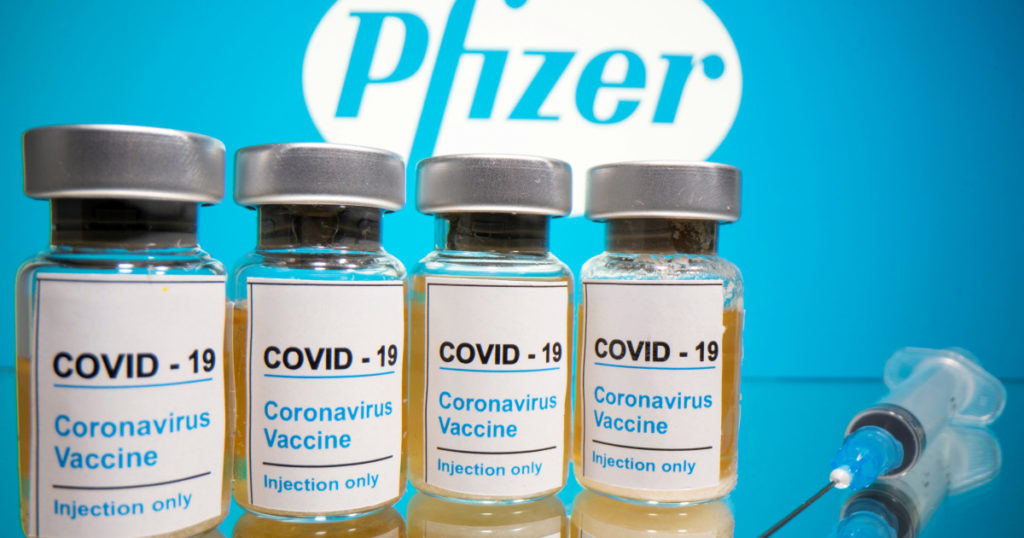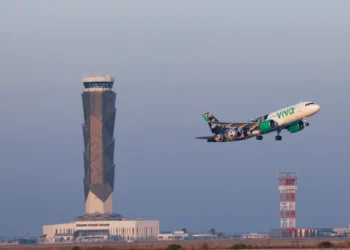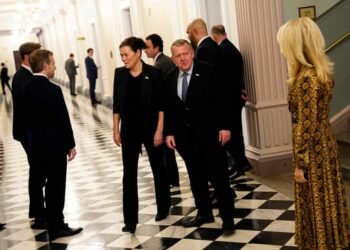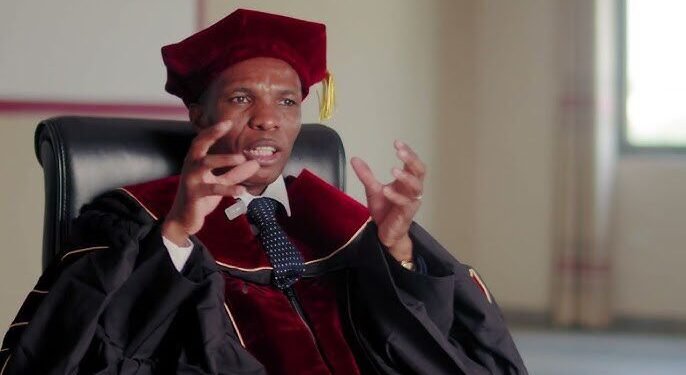Donald Trump has said only “time will tell” who will be in the White House in January, in his first public address for a week.
The US President made this known during a briefing about Operation Warp Speed, the US government’s pandemic vaccine programme. Mr Trump also stated that his administration would not go into lockdown.
“Whatever happens in the future who knows… which administration will be… I guess time will tell but I can tell you this administration won’t go into lockdown.”
It appeared to be the first time Mr Trump has not insisted he won the election.
Mr Trump also took credit for Pfizer’s vaccine breakthrough saying, “As a result of Operation Warp Speed, Pfizer announced on Monday (9th November) that it’s China virus vaccine was more than 90% effective.
“Pfizer said it wasn’t part of Warp Speed, but that turned out to be an unfortunate misrepresentation.”
The pharmaceutical firm insists it is not involved in the programme and has not accepted any money from the US to develop tests or manufacture the drug.
However, the White House has pledged nearly $2bn in orders for the vaccine which covers Pfizer’s own spend on its development and guarantees a US market for the drug.
The president said he expects a coronavirus vaccine to be available for the entire population as soon as April.
He added that he expects an emergency use authorisation for Pzifer’s vaccine “extremely soon”.

Meanwhile, United States hospitals, cities and states are scrambling to buy ultra-cold freezers that can safely store Pfizer Inc’s COVID-19 vaccine, ignoring advice from the US Centers for Disease Control and Prevention (CDC) to hold off.
“I would estimate that a third of states are purchasing ultra-cold storage equipment,” said Claire Hannan, Executive Director of the Association of Immunization Managers, a nonprofit representing state and local public health officials who handle vaccines.
States have revealed a lack of infrastructure to support a super cold vaccine campaign, including equipment to store millions of doses of Pfizer’s vaccine at temperatures of minus 70 degrees Celsius (-94F), significantly below the standard for vaccines of 2-8C (36-46F).
The rush also signifies caution from representatives about the advice from the CDC, which, on August 26, urged healthcare providers not to buy ultra-low temperature (ULT) freezers, saying it was working on solutions for Pfizer’s “very complex storage and handling requirements”.
A CDC spokeswoman said on 12th November that the agency expected the first vaccine doses will be in limited quantities and rapidly deployed, reducing the need to store them in specialised freezers.
The specialised freezers required by Pfizer’s vaccine can cost $5,000 to $15,000.
Some cities and states are searching university labs, hospitals and other facilities for available ULT freezer space.
Philadelphia is spending about $19,000 on two B Medical freezers scheduled to be installed later this month, and is working with local healthcare systems to secure additional capacity.
Pfizer’s vaccine could get regulatory approval within weeks with distribution to begin almost immediately in the US.























